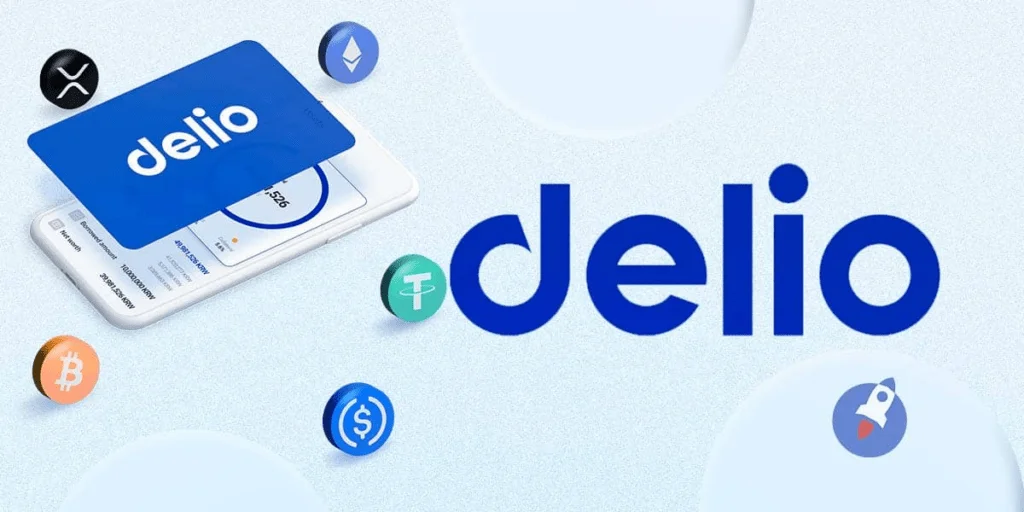Delio, a South Korean crypto-finance platform, has disclosed its deposit figures and loss projections for the first time since it halted withdrawal services in June. The company faces a challenging situation as it tries to recover from the losses and compensate its users.

According to a statement from Delio, the platform’s deposits stand at approximately 90 billion won (equivalent to around US$67.95 million), which reflects its popularity and influence in the crypto-finance market.
However, the company also estimates that its loss rate ranges between 30% and 50%, depending on the outcome of various recovery processes, operational asset liquidation, and other relevant actions.
Delio clarified that the exact loss ratio remains uncertain until the conclusion of these measures and that it will announce additional compensatory plans once the final loss extent is determined.
The company emphasized that it values transparency and communication with its users and the broader crypto-finance community amid such financial intricacies.
Delio’s withdrawal suspension
Delio’s disclosure of these crucial figures follows its suspension of withdrawal services, which was initially reported on June 14.
The company cited “internal system errors” as the reason for the suspension, and apologized for the inconvenience and anxiety caused to its users.
Delio is one of South Korea’s largest crypto lenders, holding an estimated $1 billion in Bitcoin (BTC), $200 million in Ether (ETH) and $8.1 billion in various altcoins.
The company offers a range of financial services for digital assets, including savings, lending, staking, asset management, payment, and NFT.
However, the company’s business model came under heavy scrutiny last year, as regulators investigated its compliance with legal guidelines and anti-money laundering rules.
Delio was also accused of making risky investments with user funds and inflating its returns.
Delio’s future prospects
Delio’s announcement of its deposit size and loss rate is a pivotal step in its attempt to restore trust and confidence among its users and the industry.
The company faces a difficult challenge as it tries to recover from the losses and compensate its users.
Delio also aims to become a Web 3.0 company by building and expanding its crypto-finance businesses.
In this regard, the company has made several preemptive investments, such as acquiring KOSDAQ-listed companies and mass recruiting blockchain developers.
Delio’s situation highlights the volatility and inherent risk associated with crypto-finance operations, as well as the need for regulatory clarity and consumer protection in this emerging sector.
